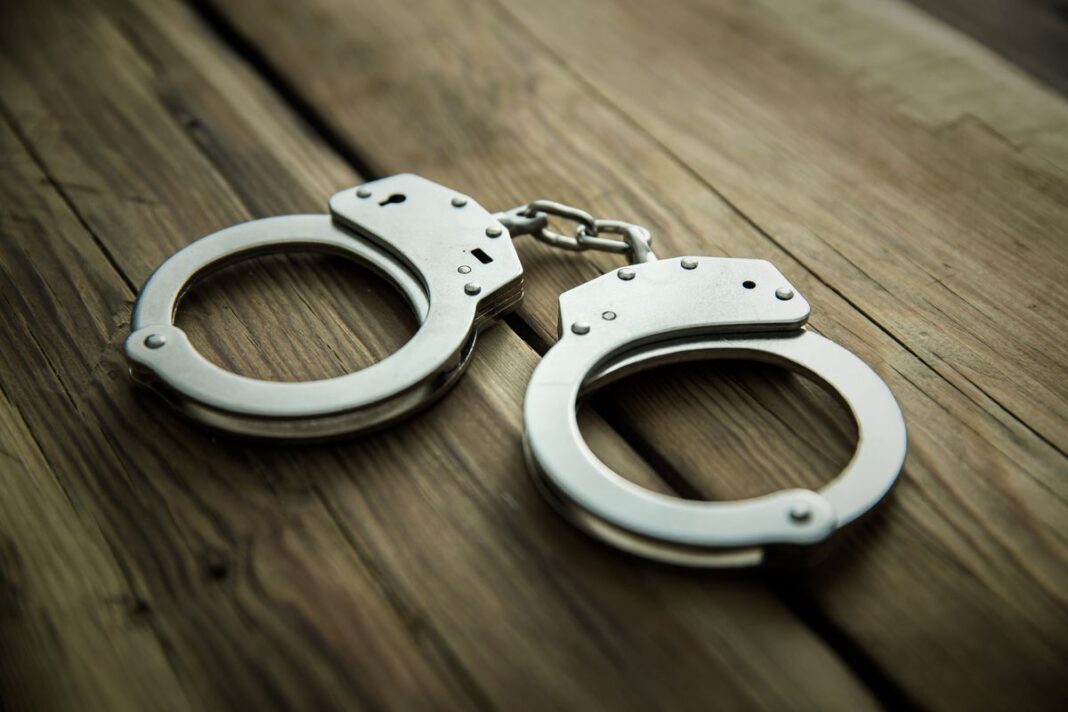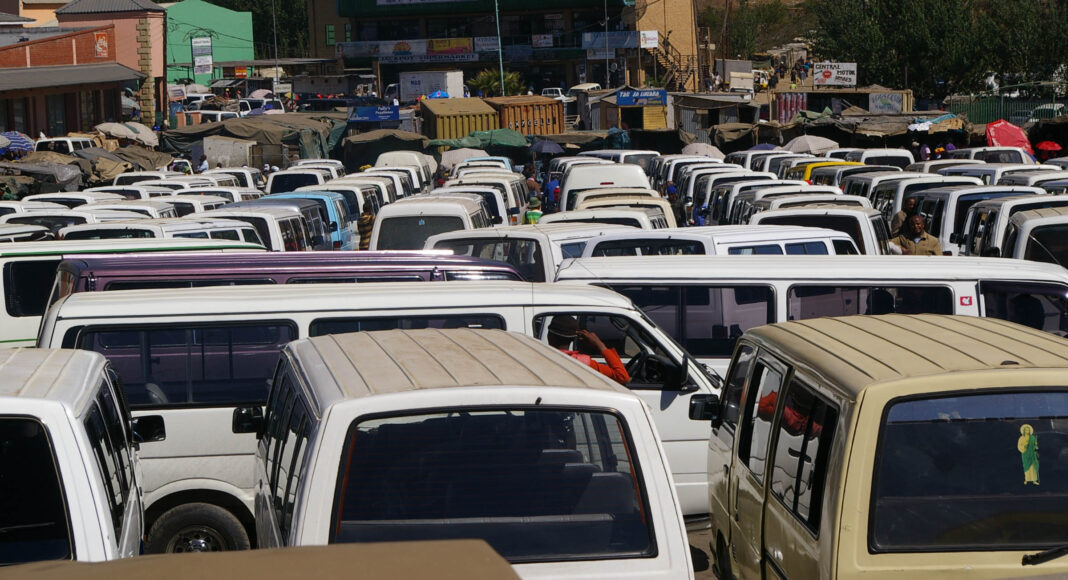The message in almost all nations that were decimated by the global Covid-19 pandemic has been: ‘Coronavirus is far from over. Let’s get ready for the second wave’.
Some countries are still dealing with large epidemics, but even those currently controlling the virus fear ‘the second wave’.
In the UK, health experts are warning ministers to prepare for one following the decision to further ease restrictions in England from early July.
But, what is a second wave? There is no formal definition. According to BBC, you can think of it like waves on the sea. The number of infections goes up and then comes back down again – each cycle is one “wave” of coronavirus.
In order to say one wave has ended, the virus would have been brought under control and cases fallen substantially. For a second wave to start you would need a sustained rise in infections. New Zealand, which has its first cases after 24 days without coronavirus, and Beijing, which is facing an outbreak after 50 virus-free days, are not in this position.
Lesotho has so far recorded less than 2 000 Covid-19 cases since May 2020, representing an infection rate of less than 10 percent; There are just over 900 active cases at the moment and a recovery rate of just over 50 percent. This does not look so good. So, should we worry about a second wave coming to Lesotho?
Again, there is no definitive answer. The answer lies almost entirely with the decisions we make, so it could go either way.
Just two months ago, you could everyone in every corner wearing a mask. But of late, more and more people are roaming around without masks. What does this mean? We have no idea, but what we know is that it is cause for concern.
The ministry of health has previously warned of the danger posed by Covid-19 people who do not show symptoms. Beware the ‘silent spreaders’. Covid-19 is still here.









